“I have been interested in contemporaneity in relation to the past, but also in anticipation of what possible futures we can ascribe to it. As my body ages and my capacity for flight wanes, it is the contemporary circus that catches my eye and on which I project myself,” says Louis Patrick Leroux, co-author of Contemporary Circus (with Katie Lavers and Jon Burtt).
Leroux, a professor in the departments of english and études françaises and associate dean of research in the Faculty of Arts and Sciences, is an internationally recognized expert in circus studies. He and his Australian co-authors drew on the experiences of 24 practitioners to create a portrait of contemporary circus trends and practices around the world.
“Contemporary circus, while drawing on many traditional practices, apparatuses, and a number of their spectacular conventions,” Leroux explains, “tends to have sidelined animals and instead emphasizes the performance of exceptional human acrobatic feats, ingenuity, or spectacular inventiveness, drawing on contemporary forms of dance, theatre, opera, burlesque, computer programing or even immersive experiences.”
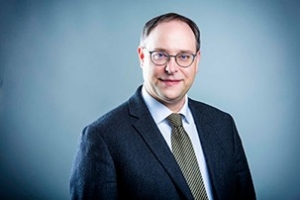 Louis Patrick Leroux, professor,departments of english and études françaises, and associate dean of research, Faculty of Arts and Sciences
Louis Patrick Leroux, professor,departments of english and études françaises, and associate dean of research, Faculty of Arts and Sciences
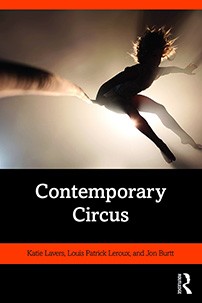
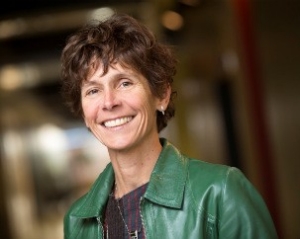 Elizabeth Miller, professor, department of communication studies.
Elizabeth Miller, professor, department of communication studies.
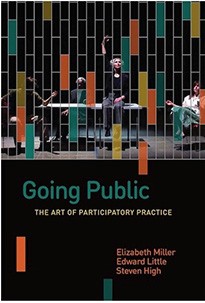
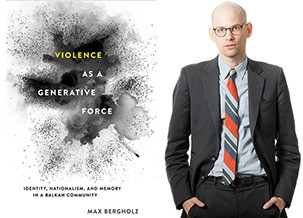 Max Bergholz, associate professor, department of history
Max Bergholz, associate professor, department of history


